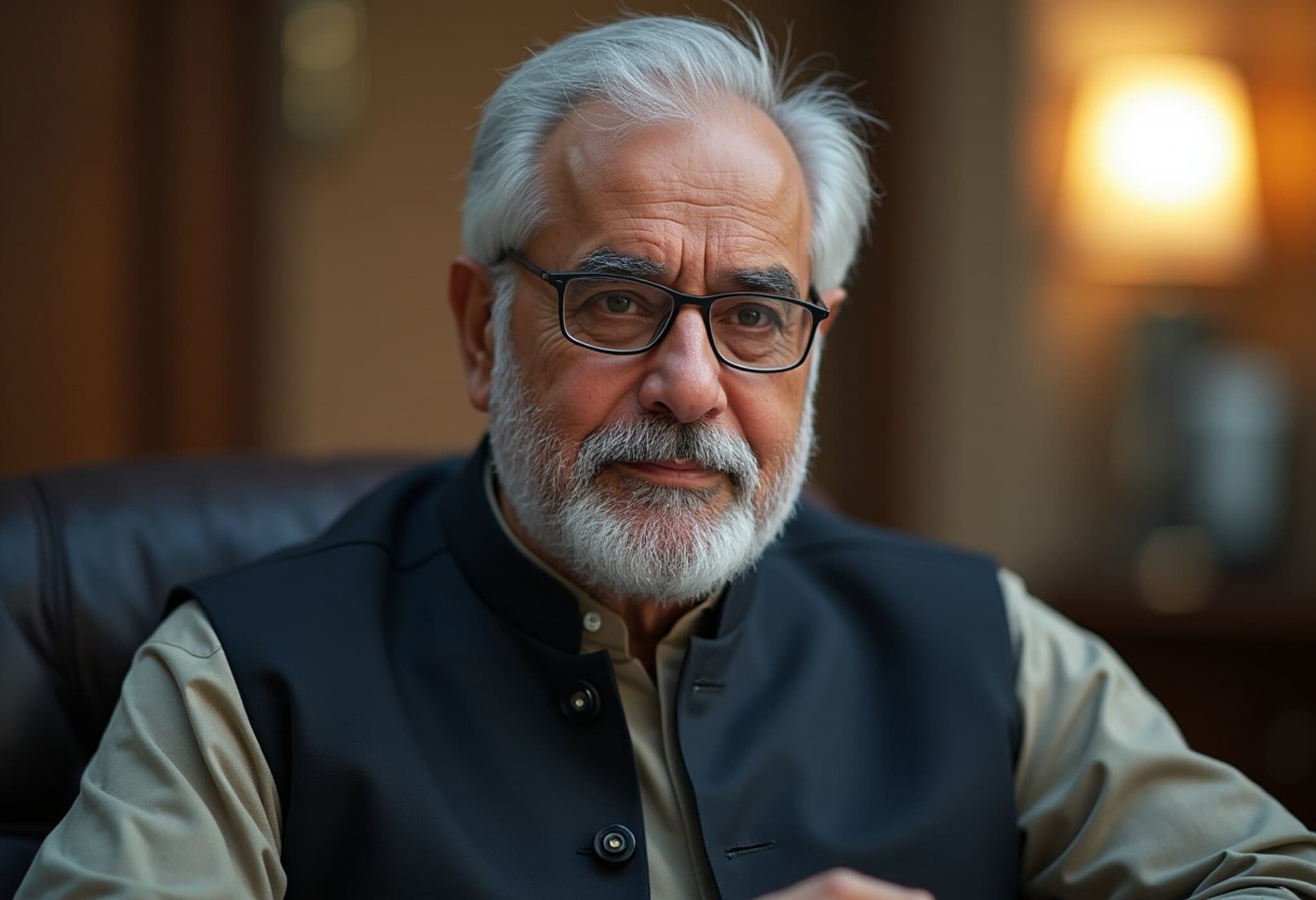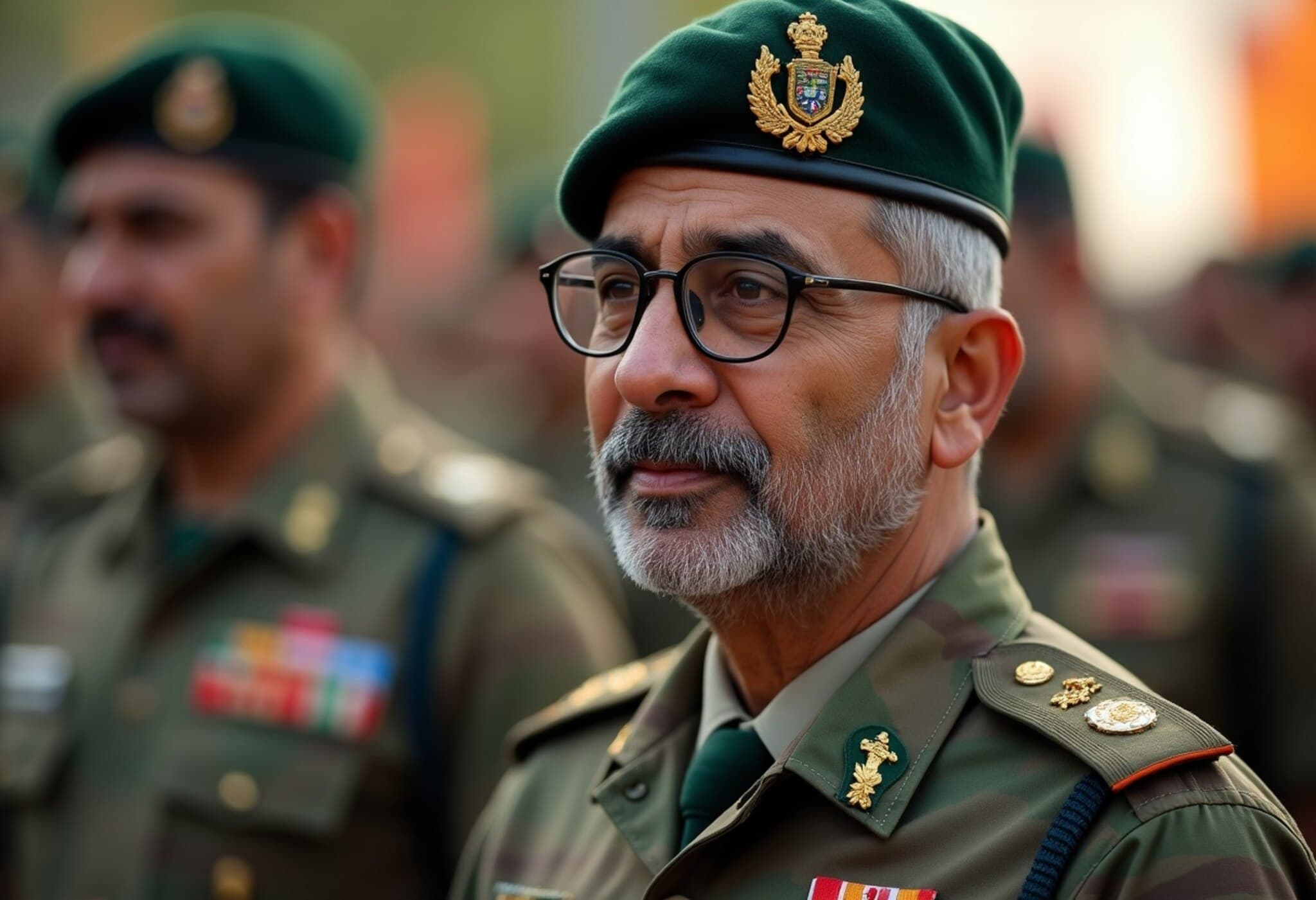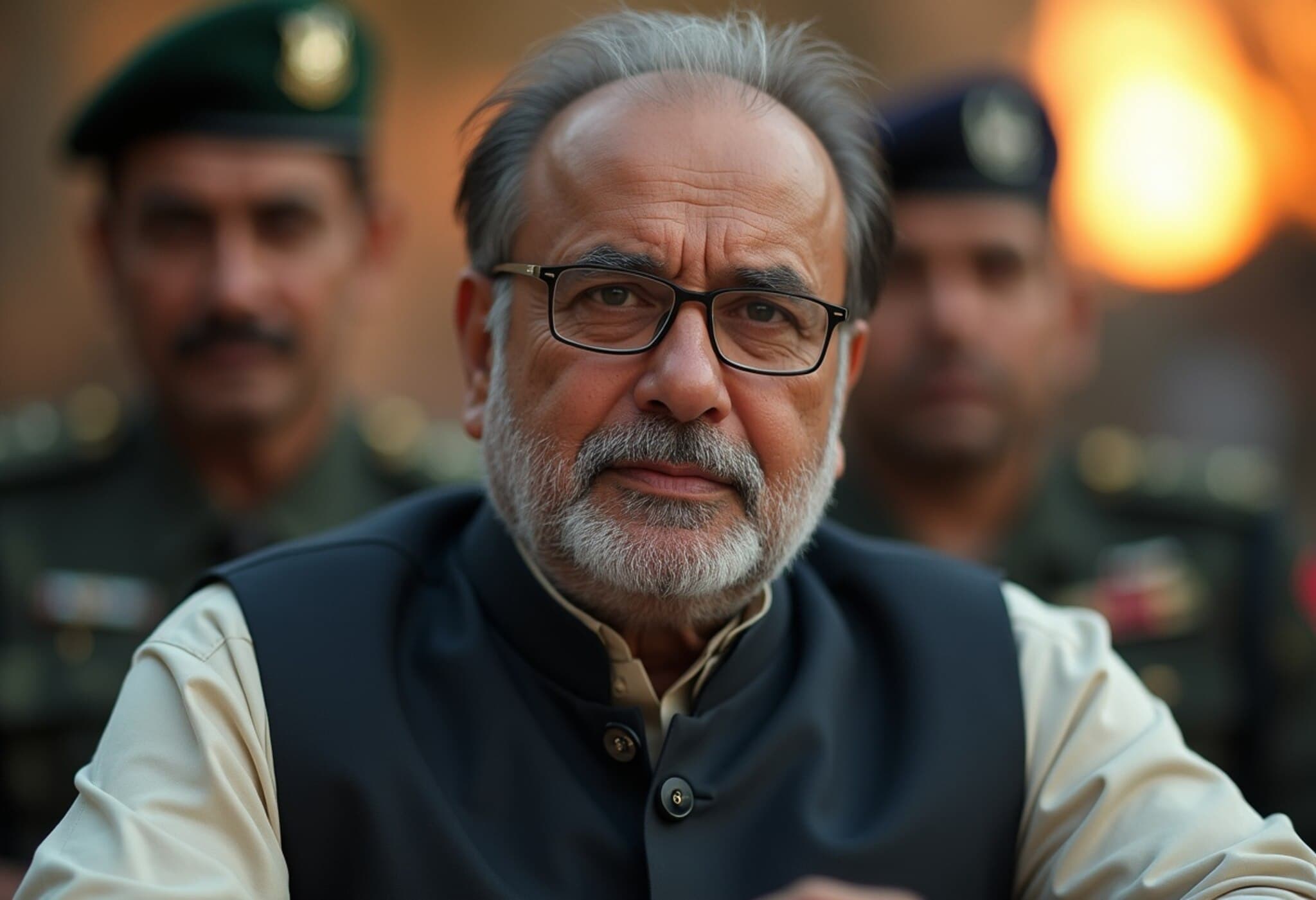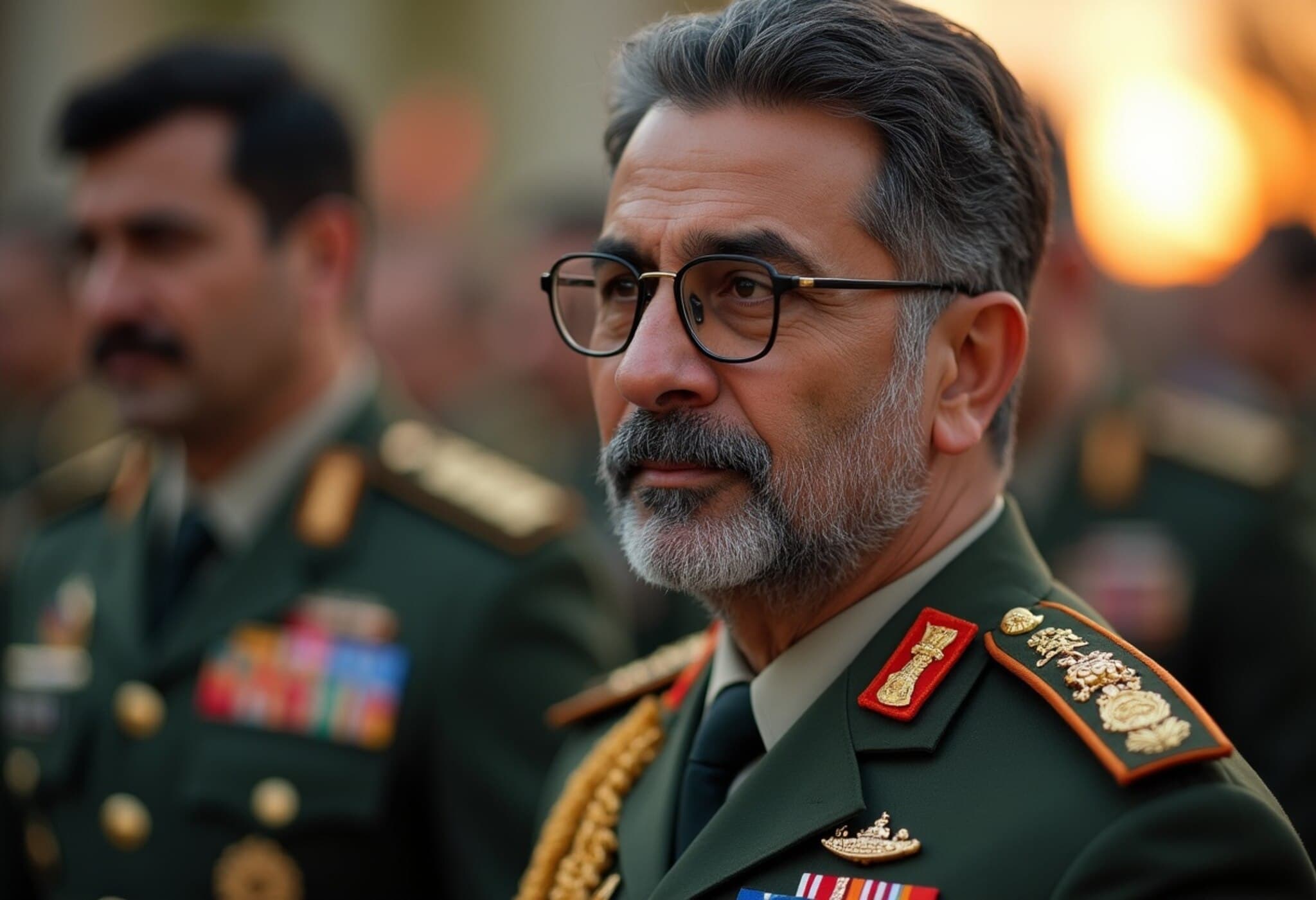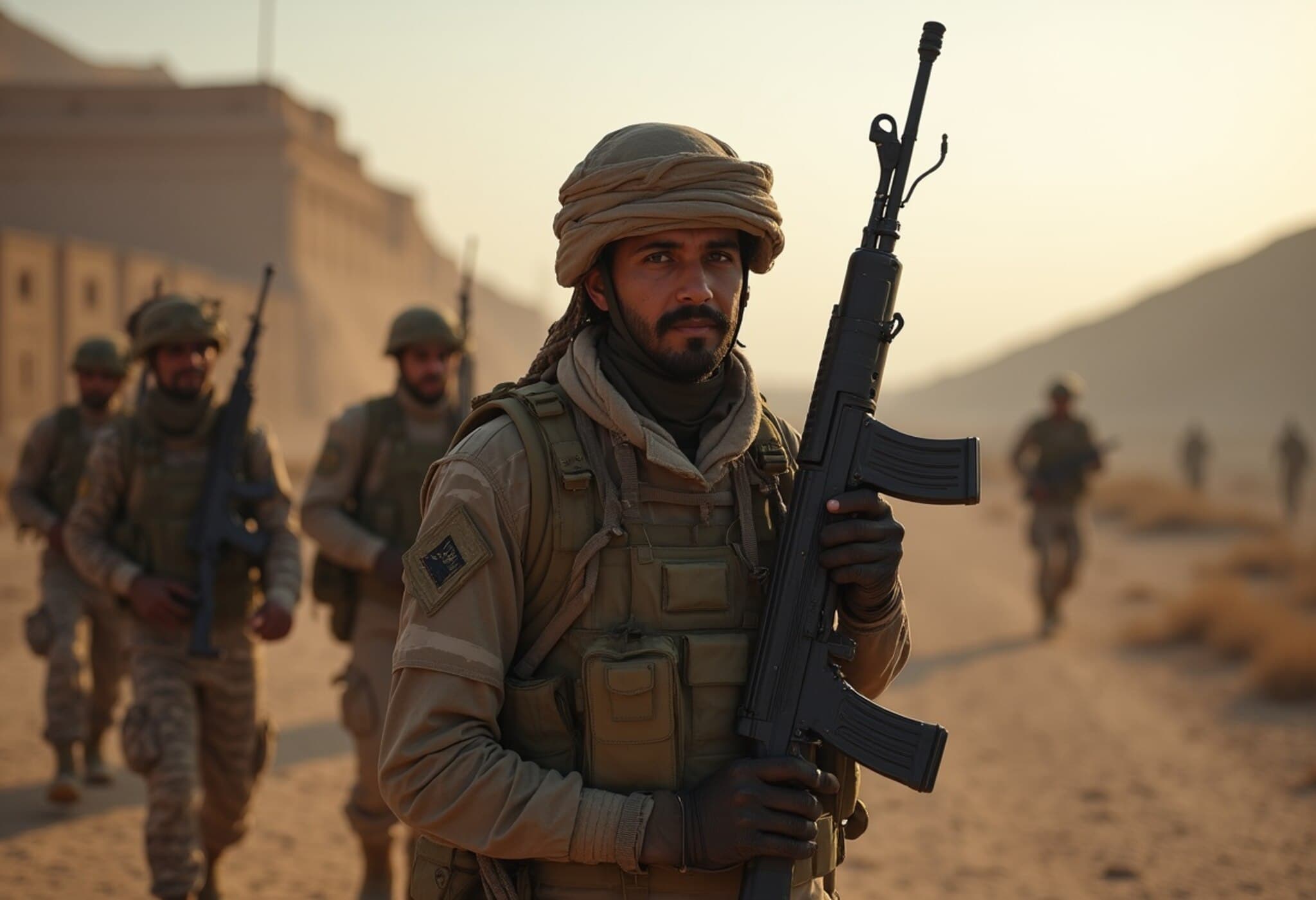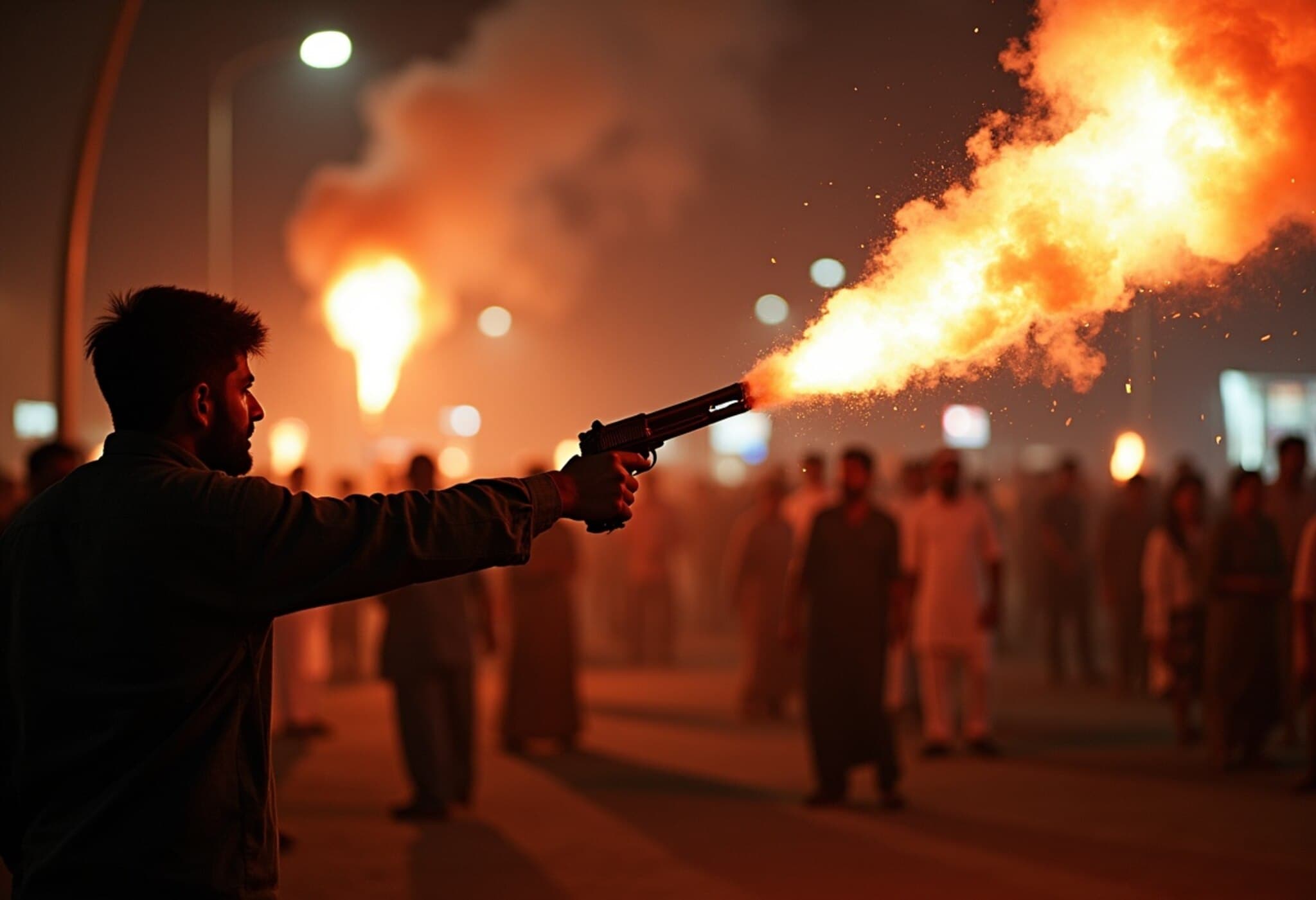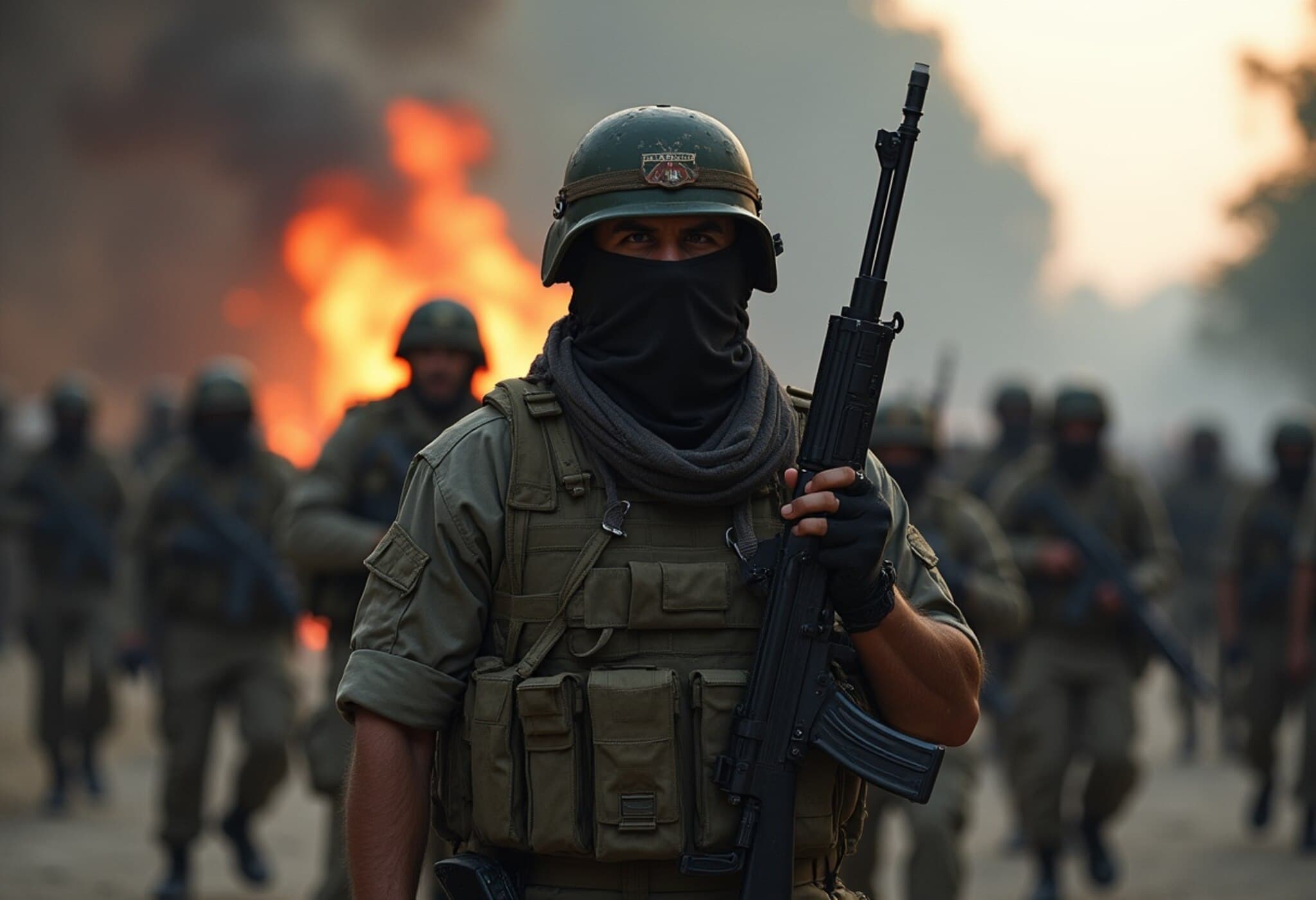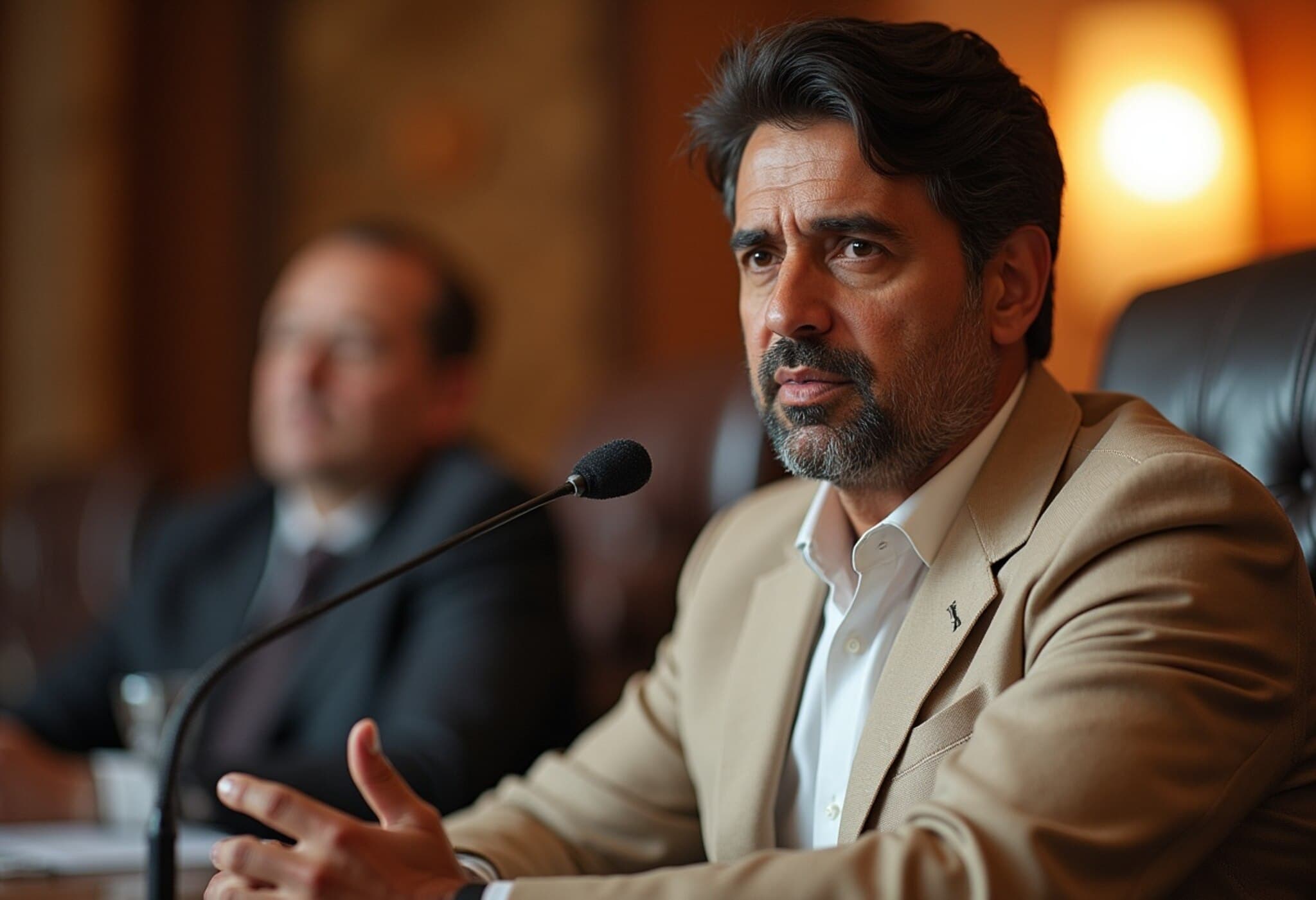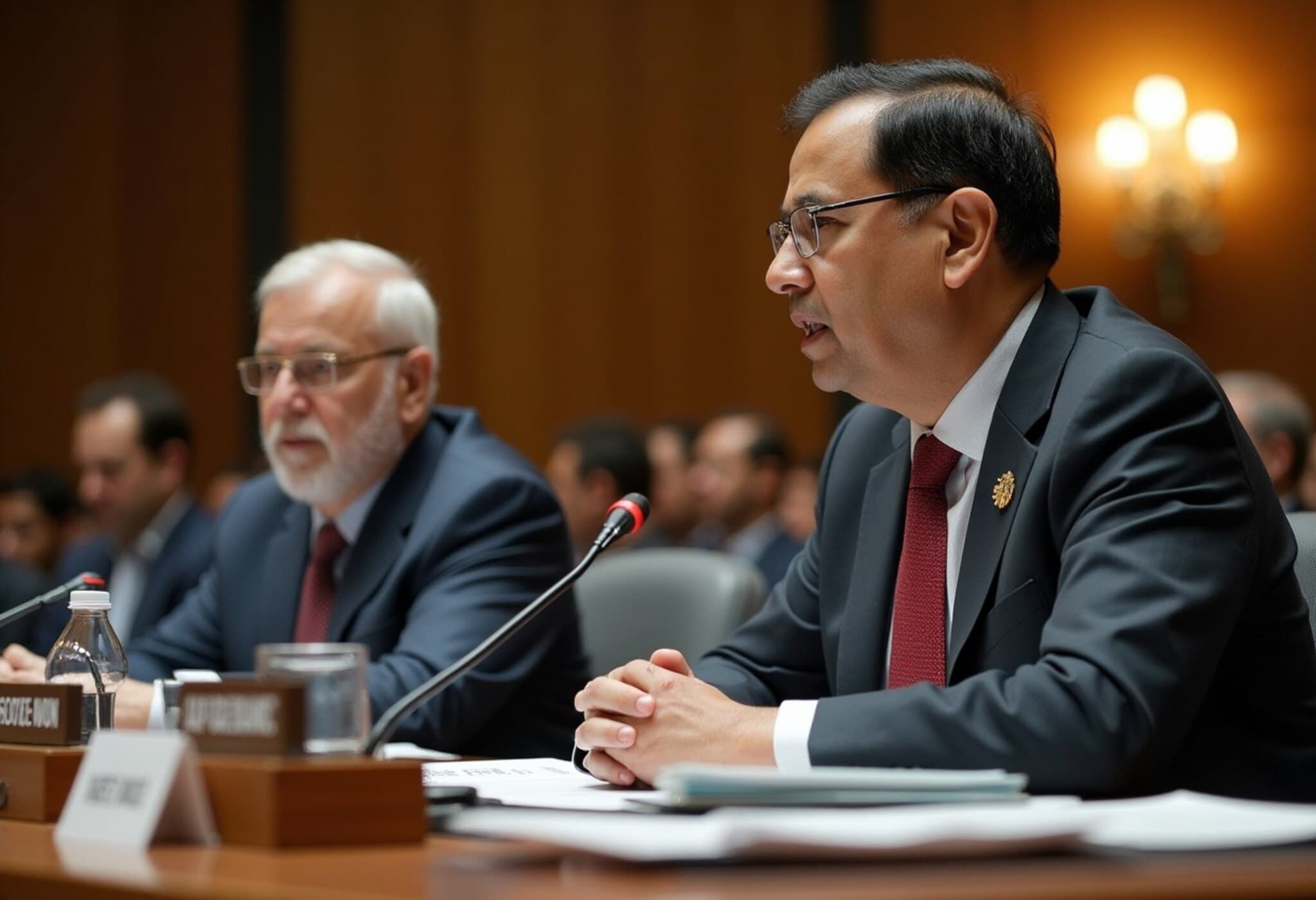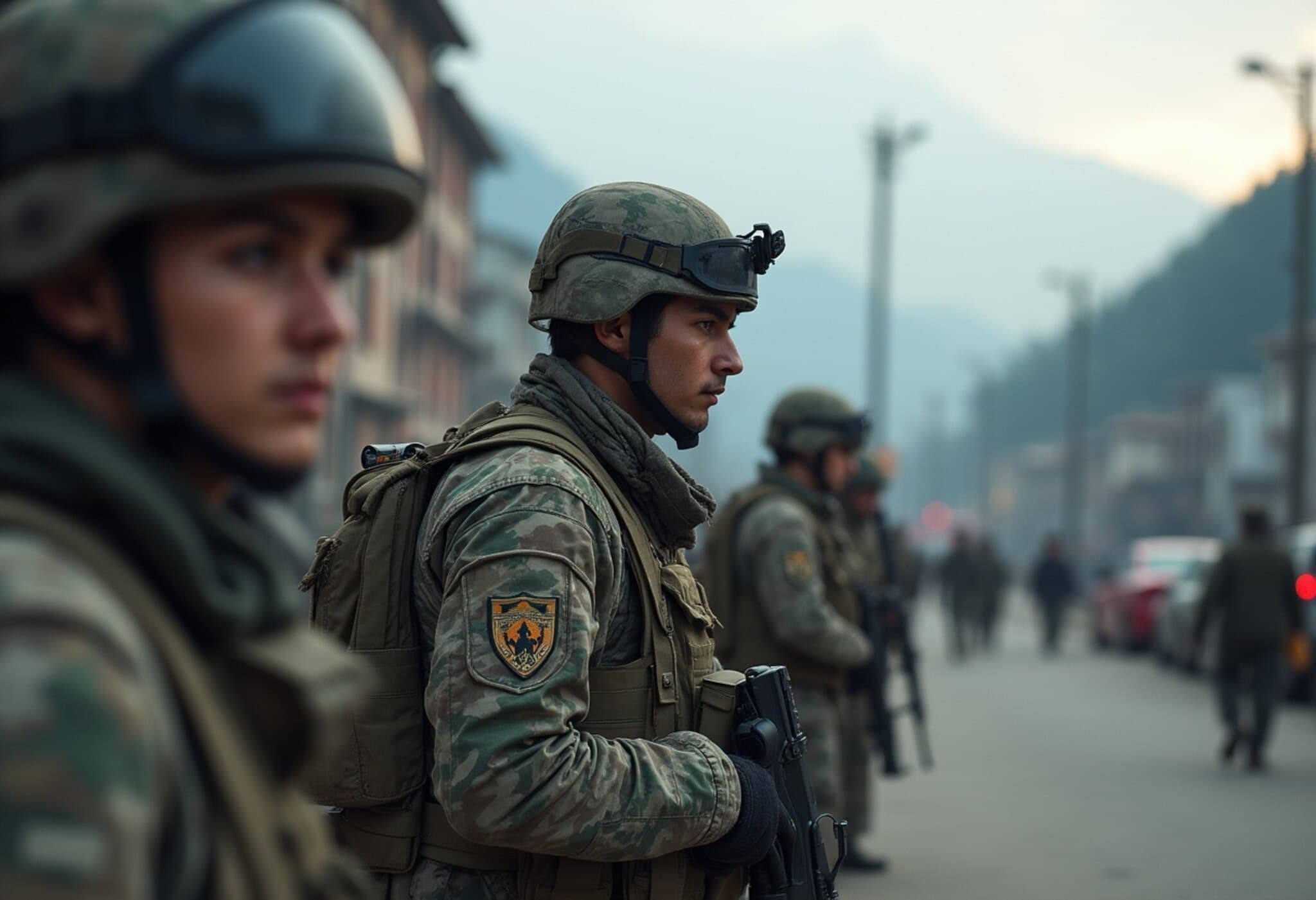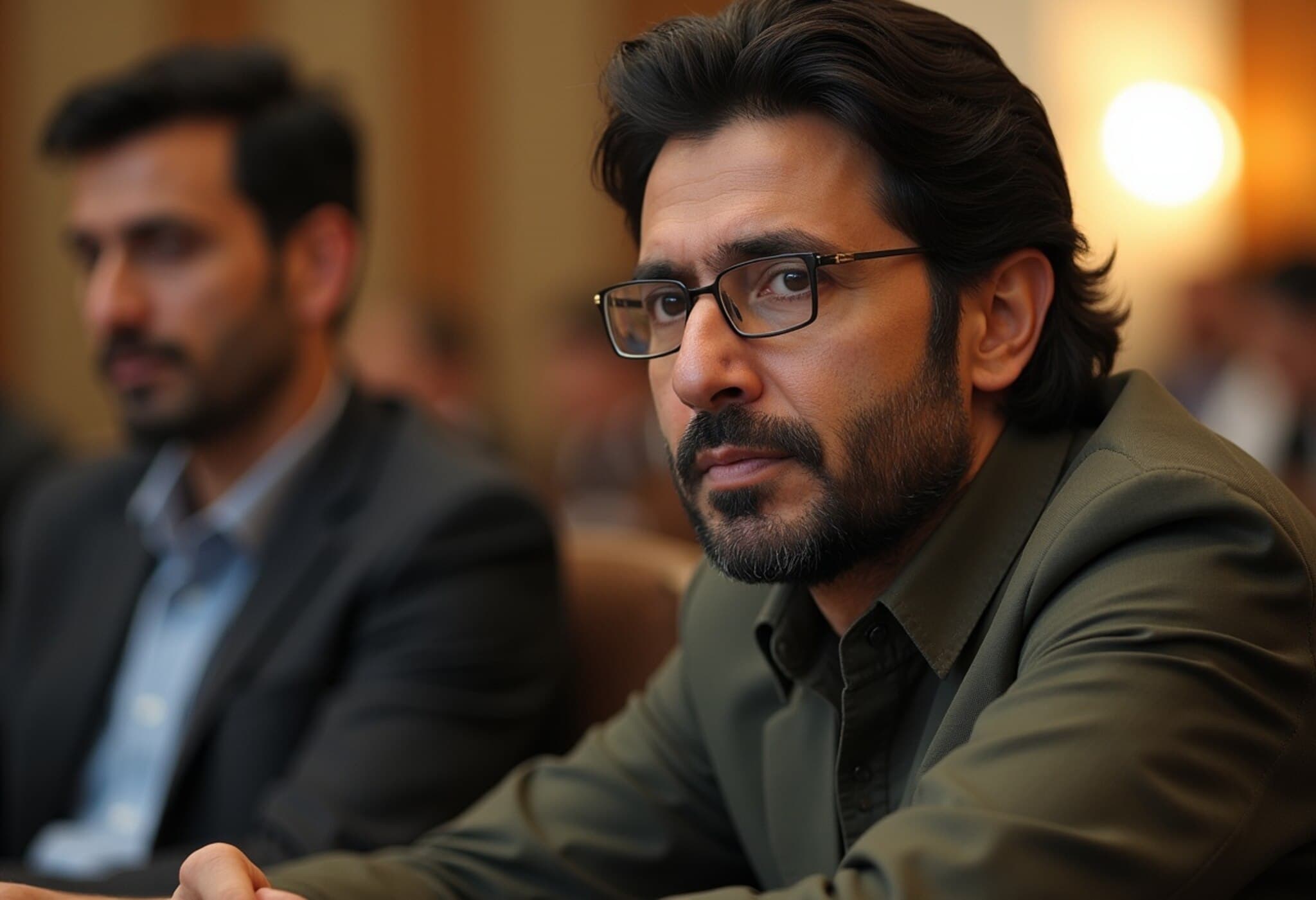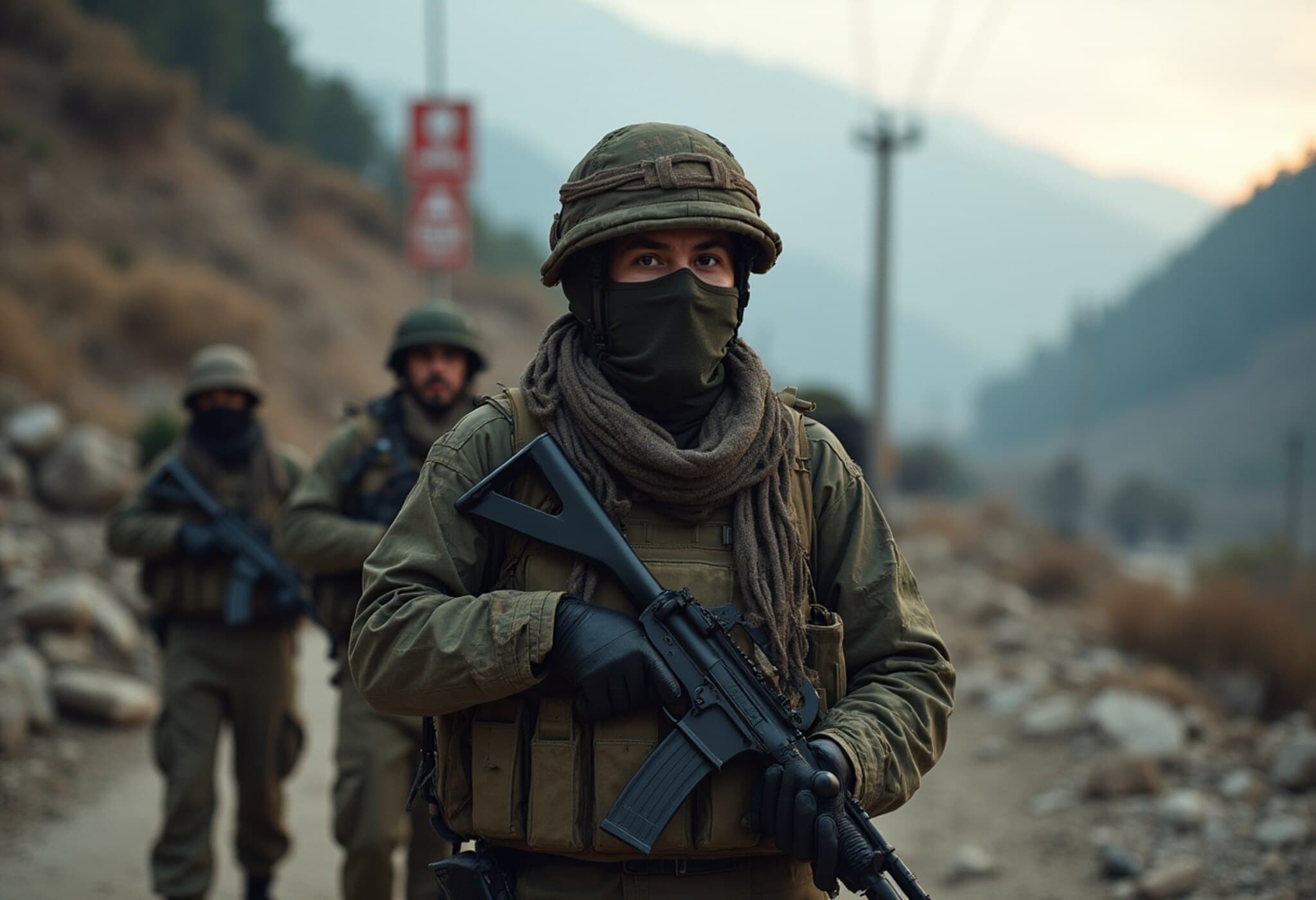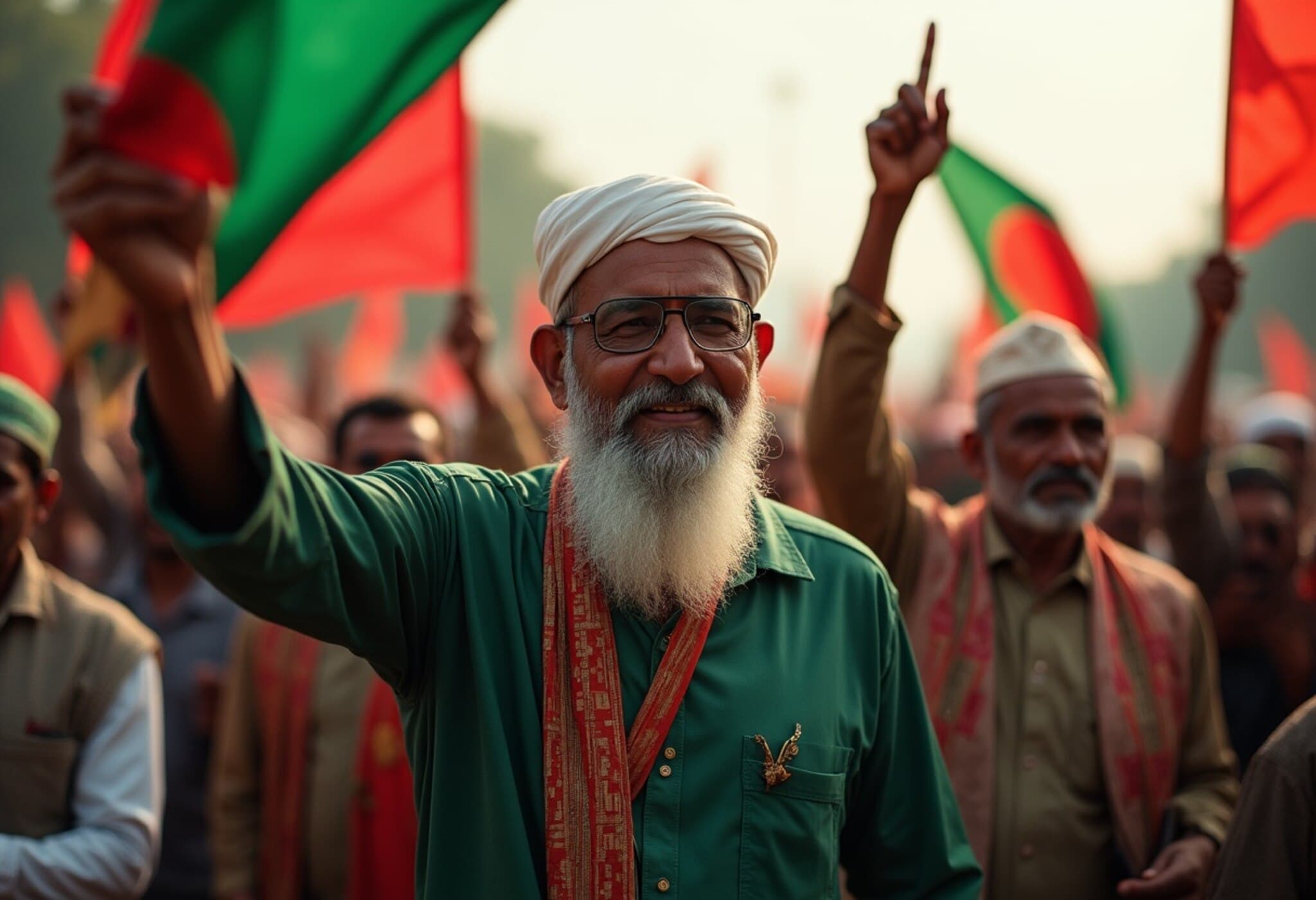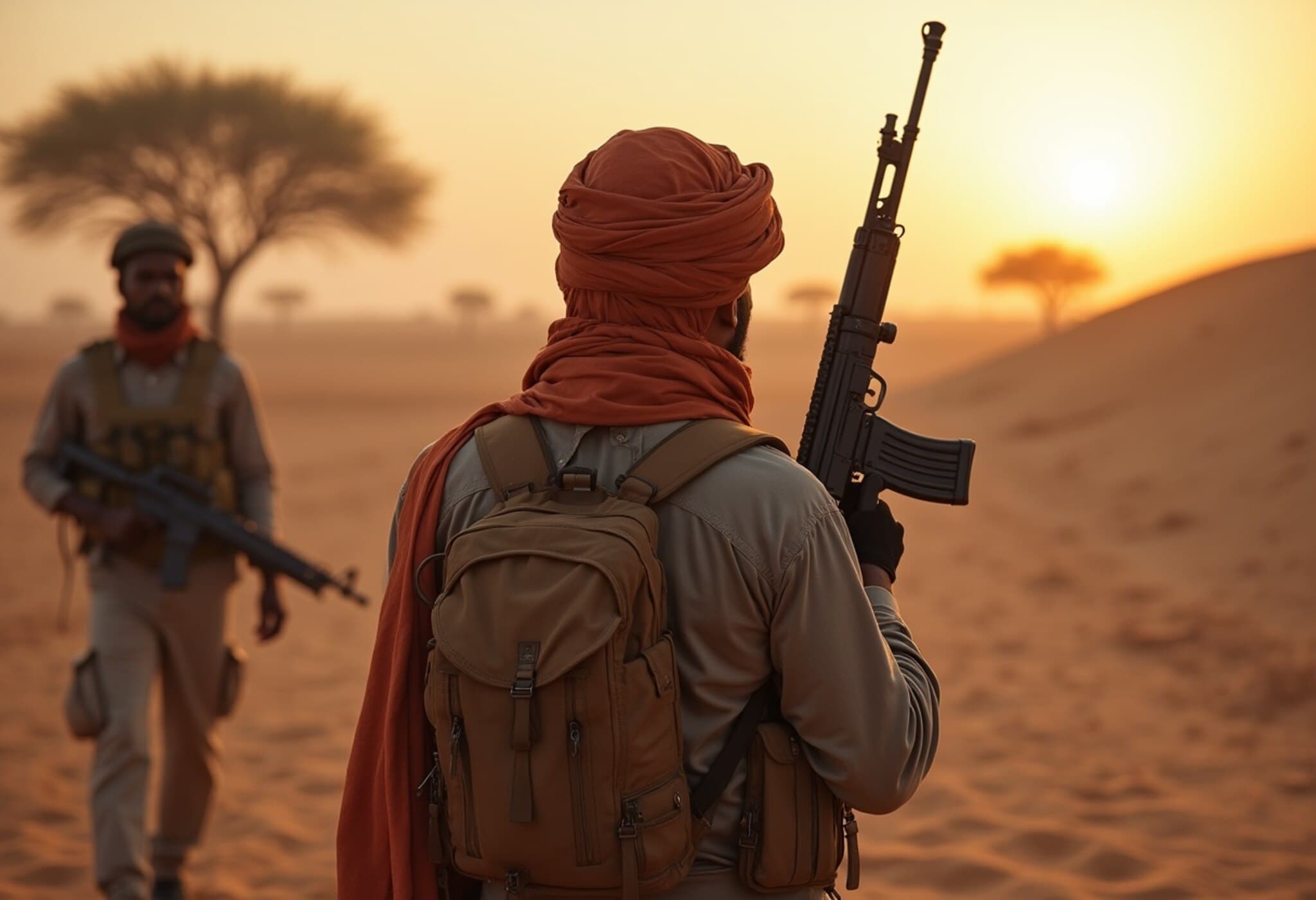Pakistan Stands Firm Behind The Resistance Front Amid US Terror Label
In a bold and controversial move, Pakistan’s Deputy Prime Minister and Foreign Minister, Ishaq Dar, publicly rejected accusations against The Resistance Front (TRF), a group designated by the United States as a Foreign Terrorist Organization (FTO). This declaration came in the wake of the April 22, 2025, deadly Pahalgam attack in Jammu and Kashmir, which claimed 26 civilian lives and was claimed by TRF—a group widely considered a proxy for the Pakistan-based Lashkar-e-Taiba (LeT).
Backdrop: US Labels TRF a Terrorist Group
On July 18, 2025, US Secretary of State Marco Rubio formally designated TRF as a Foreign Terrorist Organization and Specially Designated Global Terrorist entity. The US State Department emphasized that TRF claimed responsibility for multiple attacks against Indian security forces, with the Pahalgam incident being the deadliest assault on civilians in India since 2008.
Secretary Rubio stated: "TRF, a Lashkar-e-Taiba front and proxy, claimed responsibility for the April 22, 2025, Pahalgam attack which killed 26 civilians. The actions of TRF highlight a sustained threat to regional security and necessitate stringent sanctions on their support networks."
Pakistan’s Rebuttal in the United Nations Security Council
Notably, Pakistan, holding a non-permanent seat on the UN Security Council, reportedly used its influence to block any explicit mention of TRF in the UNSC’s official condemnation of the Pahalgam attack. Ishaq Dar asserted in the Pakistani Parliament that:
"Alhamdulillah, as a non-permanent member of the UNSC, we opposed the inclusion of TRF in the statement. Show us undeniable evidence of TRF’s involvement in the Pahalgam attack or proof of ownership. Without such proof, we do not recognize TRF as illegal."
Dar also mentioned receiving calls from global capitals urging Pakistan to accept the labeling, but he remained steadfast, declaring, "Pakistan will not accept." His remarks underline Pakistan’s official denial of TRF’s illegality, despite international and Indian intelligence linking the group firmly to Lashkar-e-Taiba.
India’s Response and the Implications for Indo-US Cooperation
India’s External Affairs Minister, Dr. S. Jaishankar, lauded the US designation on the social media platform X (formerly Twitter), describing it as a "strong affirmation of India-US counter-terrorism cooperation." He wrote:
"Appreciate Secretary Rubio and the US State Department for designating TRF, a Lashkar-e-Taiba proxy, as a Foreign Terrorist Organization and Specially Designated Global Terrorist. Zero tolerance for terrorism."
The designation strengthens the US-India partnership in counterterrorism, emphasizing a unified stance against groups threatening regional stability.
Expert Insight: What Does Pakistan’s Stance Mean for Regional Security?
Experts highlight that Pakistan’s denial of TRF’s illegality risks complicating peace efforts in South Asia. By rejecting clear evidence and shielding a group linked to terrorist activities, Pakistan may face increased scrutiny and diplomatic pressure from international partners committed to combating terrorism.
Furthermore, Pakistan’s use of its UNSC seat to dilute condemnation signals a potential exploitation of international institutions, raising questions about the effectiveness of global governance mechanisms in conflict resolution and anti-terrorism enforcement.
Key Considerations:
- Verification and Evidence: The demand for "proof" by Pakistan contrasts with public claims by TRF and intelligence assessments, underscoring a tug-of-war over information legitimacy.
- Impact on Civilian Safety: The deadly Pahalgam attack stresses the urgent need for cooperative security measures to protect civilians in contested regions.
- Geopolitical Ramifications: This stance may lead to heightened tensions between India and Pakistan, while drawing in the US and other international actors in a more pronounced role.
Conclusion: Navigating a Complex Web of Terrorism and Diplomacy
Pakistan’s open support for TRF despite US and Indian condemnations highlights the intricate challenges South Asia faces in balancing sovereignty claims, counterterrorism, and international diplomacy. The situation calls for heightened vigilance, verified intelligence sharing, and concerted multilateral efforts to address terrorism without unwarranted politicization.
Editor’s Note
The designation of The Resistance Front as a terrorist organization by the US and subsequent defense by Pakistan marks a significant flashpoint in South Asian geopolitics. As the region grapples with security threats intertwined with political agendas, readers should consider the broader implications for international counterterrorism cooperation strategies and the challenges posed by proxy groups. What mechanisms can global institutions employ to ensure that political interests do not undermine efforts to stem terrorism? The evolving dynamics between India, Pakistan, and the US will be critical to watch in the coming months.

